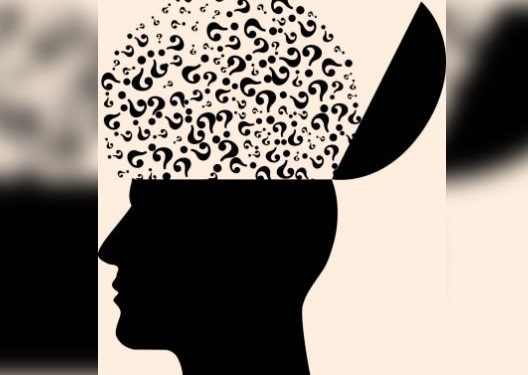New Delhi: While the brain is well-known for memory storage, a new study reveals that other parts of the body may also retain memory.
Published in Nature Communications, the study could open new avenues for treating memory-related conditions. Lead author Nikolay V. Kukushkin of New York University stated, “other cells in the body can learn and form memories, too.” Researchers found that non-brain cells, much like neurons, activate a “memory gene” in response to new information. In neurons, this gene is switched on when patterns in information are detected, restructuring connections to form memories.
To track memory formation in non-brain cells, the team engineered these cells to produce a glowing protein that indicated whether the memory gene was active. Their experiments revealed that non-brain cells, like neurons, could recognize repeated chemical pulses that simulate bursts of neurotransmitters in the brain. They found that, similar to spaced learning in the brain, these cells retained information more effectively when pulses were spaced out than when delivered in quick succession.
Kukushkin noted that the study shows “the ability to learn from spaced repetition isn’t unique to brain cells” and “might be a fundamental property of all cells.” The findings suggest that approaching bodily health with a similar understanding as we do brain health could yield therapeutic benefits.
PNN






































